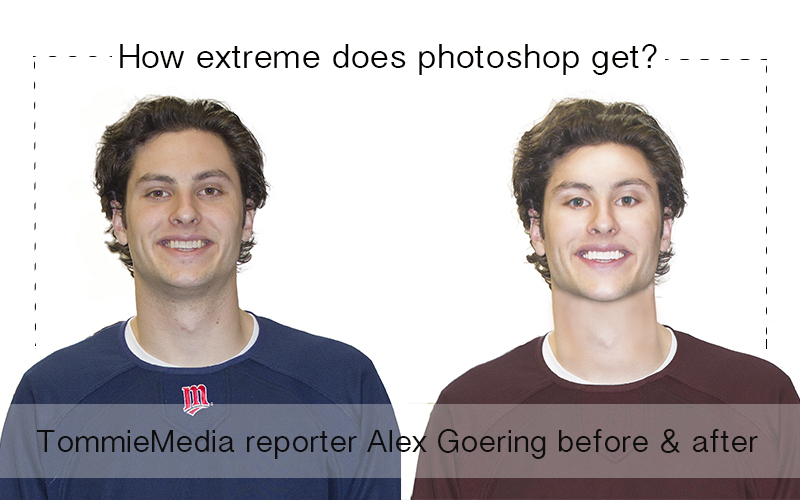
Former Vogue Australia Editor-in-Chief Kirstie Clements’ new memoir, “The Vogue Factor,” is hot off the press. The insider revealed dark secrets about the health and wellness of many Vogue models. Her sickening observations at the powerhouse fashion magazine will likely leave you feeling sick, too.
Clements wrote about a model who went three days without consuming food while on a shoot, barely able to function by the time it was over. She recalled editors using Adobe Photoshop to remove certain bones because the model’s protruding skeleton caused them to look “emaciated.” She even claimed women were eating tissues, to rid their bodies of hunger pangs because they’re believed to expand in the stomach. 
When Clements asked a top model how she was getting along with a new roommate, the woman replied, “Oh, it’s fine. She’s a fit model, so she is mostly in the hospital on drip.”
Once again, we’re left wondering what it’s going to take for this twisted industry to loosen its grip on society and our own superficial expectations. Or better yet, when we’ll choose to escape it.
Unfortunately, the high fashion world has proven itself to be an entity that is unafraid of exposure. It does not fear criticism, harsh judgment or the heavy consequences that stem from unrealistic expectations. The industry has been the subject of controversy one too many times.
Just over a year ago, Vogue featured Adele on its cover; a woman who has been known to challenge the definition of beautiful by embracing her curves. But in one swift movement, editors transformed the singer into a poster child for their own ideals. She’d been whittled down a few sizes and airbrushed to perfection.
A few weeks before, legendary designer and Vogue regular Karl Lagerfeld had referred to Adele as being “a little too fat.” He later apologized in a written note that said, “I’m your biggest admirer.”
I have a hard time believing that the 79-year-old fashion veteran felt any sort of remorse about the comment. If he didn’t mean it, he wouldn’t have said it. The same goes for Vogue. If the editors didn’t wish to reinforce the fashion industry’s unrealistic expectations, they wouldn’t be whittling away at Adele’s waistline.
The bottom line is that if there was any semblance of genuine concern coming from the bigwigs of Vogue, then we would have seen a shift in editorial choices long ago. Perhaps when model Luisel Ramos died of heart failure due to malnutrition in 2006 at the tender age of 22. Or when her sister Eliana died in the same way less than a year later.
Instead, in the spring of 2012, we were offered an unconvincing commitment from Vogue editors that pledged to “not to knowingly work with models under the age of 16” or with models “who appear to have an eating disorder.” They asserted that fashion designers will be encouraged to consider potential consequences of providing unrealistic dress sizes for the models, though they are not obliged. 
“We will work with models who, in our view, are healthy and help us to promote a healthy body image,” the editors said.
And that is meant to reassure whom, Vogue? You have always dictated what healthy looks like on the pages of your magazine, that’s the problem. Your view is skewed, and it’s skewing our own.
Clearly, the choice to reform expectations is not in the hands of the fashion industry because they’ve already chosen. Editors have witnessed models eating next to nothing, eating tissues, on IV drips, in a casket, and somehow they have managed to disconnect themselves from the role that they play in constructing a world of self-imposed inadequacy.
To expect for those same editors to redefine the cultural standards that they, themselves, have forced upon us, is nearly as preposterous as the pages of their magazine.
So then, the choice is ours. And that’s something we must be reminded of. The fashion industry doesn’t hold the power. It never will. We are the consumers, we give the ultimate stamp of approval, and we propel the business forward. When we choose to abandon the high fashion industry’s sickening expectations of us, Vogue will be forced to follow suit.
Carly Samuelson can be reached at samu5380@stthomas.edu.




Right on, Carly. God endowed everyone with free will to be used exclusively to attain our eternal salvation. Only the evil one wants to enslave our will to his entrapments.